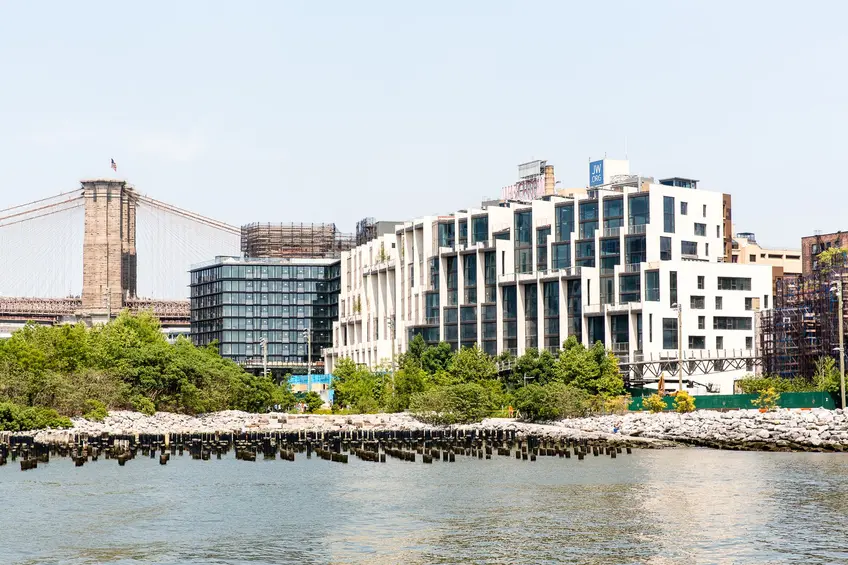 The recent new development condo Pierhouse which sits within Brooklyn Bridge Park (Photo credit: Mark Wickens)
The recent new development condo Pierhouse which sits within Brooklyn Bridge Park (Photo credit: Mark Wickens)
Shoddy construction, chronically broken elevators, and toilet flushes loud enough to keep one up at night are just some of the reasons why New Yorkers have filed lawsuits related to problems originating in their own buildings. But is litigation worth the risk? And how does it impact the value of one's property?
In this article:
Reasons to Litigate
In New York City, condo litigation is so common that dozens of law firms advertise it as an area of practice. There are also many reasons that condo owners resort to litigation. Some of the most common reasons include:
• Concerns about neglected repairs, including leaks and water damage
• Concerns about alterations
• Disputes with the board over bylaws, house rules, approval process, or proprietary leases.
• Chronic conflicts with neighbors regarding noise, smoke, or other nuisances
• Disputes over the use or maintenance of common areas
• Disputes over common charges and fees
• Disputes over subleases
Although litigation cases often pit individual condo owners against condo boards or developers, these aren't the only types of litigation cases. Condo boards also frequently litigate against developers (e.g., when buildings present chronic problems resulting from construction or design flaws). Individual owners or boards also occasionally litigate against other parties, including neighbors.
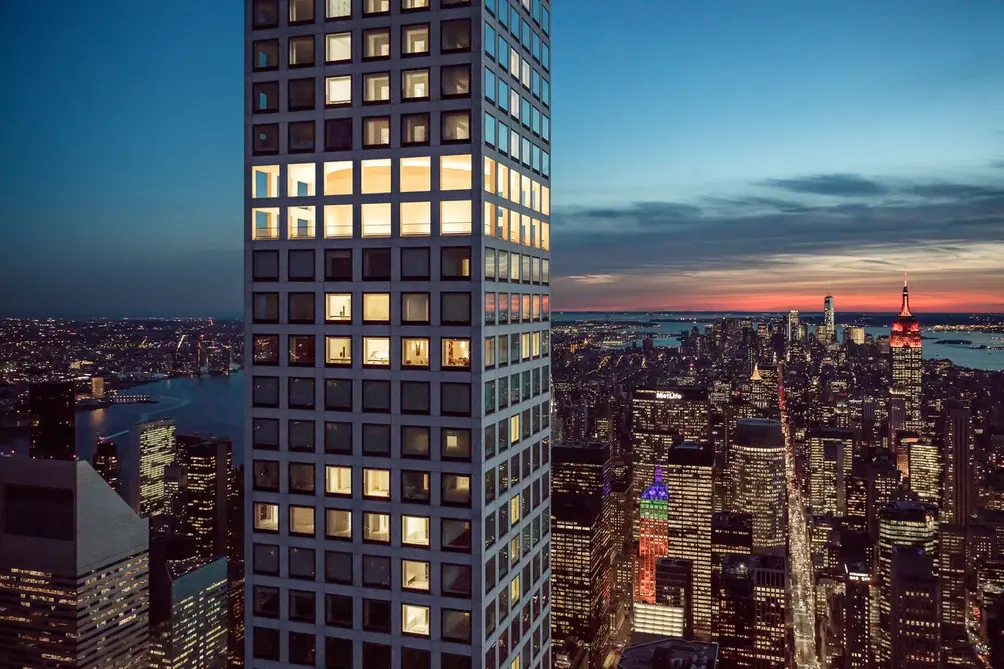 432 Park Avenue (DBOX for Macklowe Properties)
432 Park Avenue (DBOX for Macklowe Properties)
Would you like to tour any of these properties?
Just complete the info below.
Or call us at (212) 755-5544
Recent High-Profile Cases
One of the most widely publicized condo litigation cases in recent years centers around the ongoing building defects at 432 Park Avenue, the supertall (1,396-foot) skyscraper located at the foot of Central Park. The lawsuit, which has pitted 432 Park Avenue’s condo board against the building’s developers, focuses on a litany of complaints ranging from stuck elevators to flooding to unwelcome noises and vibrations. Although the condo’s original purchase agreements clearly stated the developer was obliged to correct any defects, as the court filing details, by the time residents of 432 Park Avenue took legal action in 2021, it had become abundantly clear that the Sponsor had no intention of addressing the building’s defects.
As it turns out, you don't have to live on Billionaire's Row to end up embroiled in a condo litigation case. Another recent litigation case that has garnered headlines concerns ongoing noise complaints at Pierhouse in Brooklyn. In this case, the plaintiff is an individual owner and the defendant isn't the condo board or developer but rather the Brooklyn Bridge Park Cooperation, which owns the land on which this private residence is located (the development was built to help pay for the park’s maintenance).
In the court filing, the residents in question allege that the Brooklyn Bridge Park Corporation has subjected them to “incessant loud and disturbing noise emitted from the public lavatory (the “Lavatory”), park storage room (the “Storage Room”), and metal gate at the entrance to the Lavatory and Storage Room (the “Gate”), all located directly below their Unit.” In addition to “badly degrading their sleep and quality of life,” the Plaintiffs maintain that the noise has resulted in their "loss of the use and enjoyment of their apartment.” While the City initially countered that the noise was not as bad as alleged, as of September 2023, the City was exploring potential “acoustic renovations.”
In the court filing, the residents in question allege that the Brooklyn Bridge Park Corporation has subjected them to “incessant loud and disturbing noise emitted from the public lavatory (the “Lavatory”), park storage room (the “Storage Room”), and metal gate at the entrance to the Lavatory and Storage Room (the “Gate”), all located directly below their Unit.” In addition to “badly degrading their sleep and quality of life,” the Plaintiffs maintain that the noise has resulted in their "loss of the use and enjoyment of their apartment.” While the City initially countered that the noise was not as bad as alleged, as of September 2023, the City was exploring potential “acoustic renovations.”
Litigation Doesn’t Necessarily Lower the Value of Units
Although one might assume that litigation is always risky for owners as it necessarily lowers the value of one's unit, this isn’t necessarily true.
As an example, consider the price history at 432 Park Avenue. Although CityRealty’s historical market data points to a temporary decrease in values in 2021, which is around the time that the condo board took action against the developer, the values bounced back up by early 2022, with all units selling at or above the asking price. While prices have dipped slightly in 2023, these recent decreases likely reflect a broader softening of prices in the luxury condo market. Similarly, there doesn’t seem to be any clear correlation between the lawsuit filed by residents of Pierhouse in Brooklyn in September 2020 and subsequent price fluctuations.
The bottom line is that while litigation is unlikely to increase the value of a condo (unless, of course, it involves a famous resident and brings increased prestige to the property), there is also no guarantee litigation will decrease valuations either.
However, it's important to recognize that litigation does carry potential risks. A protracted and costly legal dispute can deplete the condo's financial reserves, leading to increased fees for residents. This, in turn, can make buying into the building less appealing and may eventually lead to a decline in property value. Furthermore, extended litigation can also make lenders more cautious about financing units in the building. In most cases, unless the litigation is exceptionally high-profile, costly, and prolonged, its impact on the condo's value tends to be minimal. This is why many New Yorkers are willing to take the risk of pursuing legal action against their condo board, developer, or neighbors when faced with problems that lack straightforward solutions.
However, it's important to recognize that litigation does carry potential risks. A protracted and costly legal dispute can deplete the condo's financial reserves, leading to increased fees for residents. This, in turn, can make buying into the building less appealing and may eventually lead to a decline in property value. Furthermore, extended litigation can also make lenders more cautious about financing units in the building. In most cases, unless the litigation is exceptionally high-profile, costly, and prolonged, its impact on the condo's value tends to be minimal. This is why many New Yorkers are willing to take the risk of pursuing legal action against their condo board, developer, or neighbors when faced with problems that lack straightforward solutions.
Featured Listings
Only availability in Pierhouse, far removed from the reportedly noisy bathroom.
Pierhouse at Brooklyn Bridge Park, #N534
$1,299,000
Brooklyn Heights | Condominium | 1 Bedroom, 1.5 Baths | 999 ft2
Pierhouse at Brooklyn Bridge Park, #N534 (Compass)
Asking prices for some listings at 432 Park have seen double-digit reductions, but this may be partially due to a slower market and increased competition on Billiionaires' Row.
432 Park Avenue, #29E
$5,750,000 (-17.8%)
Midtown East | Condominium | 2 Bedrooms, 2.5 Baths | 1,988 ft2
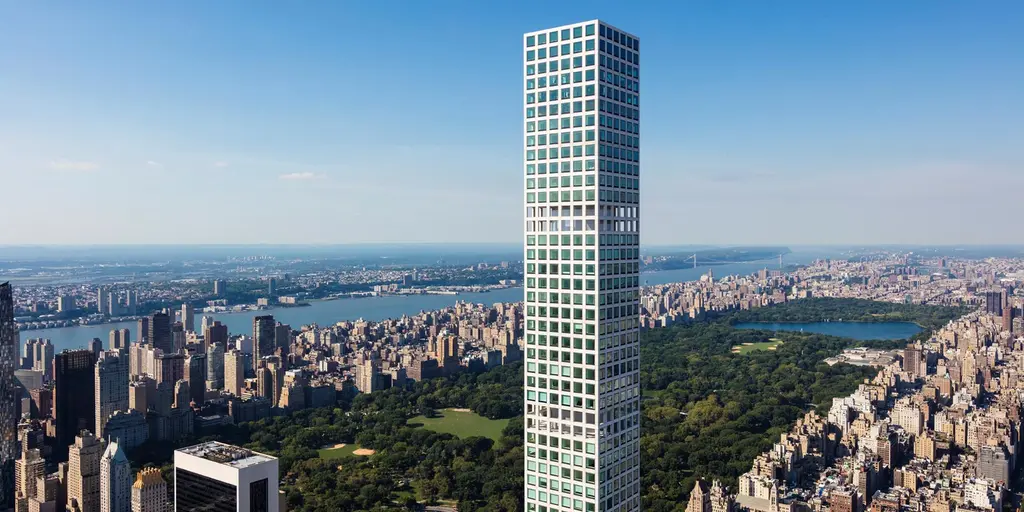
432 Park Avenue, #29E (Douglas Elliman Real Estate)
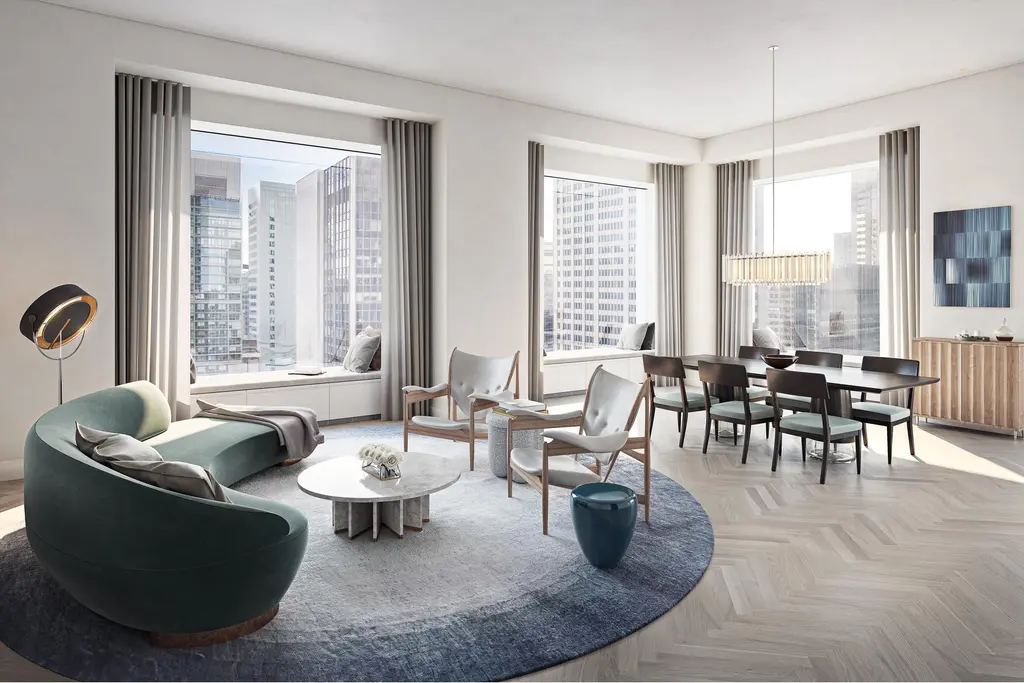
Would you like to tour any of these properties?
Just complete the info below.
Or call us at (212) 755-5544
Would you like to tour any of these properties?

Contributing Writer
Cait Etherington
Cait Etherington has over twenty years of experience working as a journalist and communications consultant. Her articles and reviews have been published in newspapers and magazines across the United States and internationally. An experienced financial writer, Cait is committed to exposing the human side of stories about contemporary business, banking and workplace relations. She also enjoys writing about trends, lifestyles and real estate in New York City where she lives with her family in a cozy apartment on the twentieth floor of a Manhattan high rise.



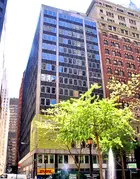
 6sqft delivers the latest on real estate, architecture, and design, straight from New York City.
6sqft delivers the latest on real estate, architecture, and design, straight from New York City.
